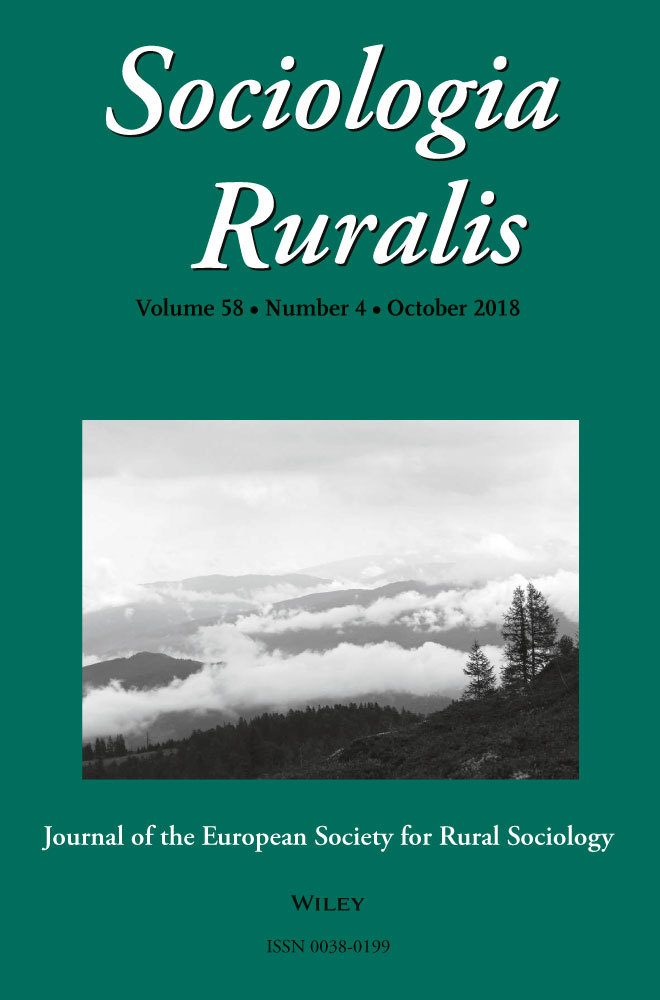Featured Scientist

Author published in"Sociologia Ruralis"affiliate to
Department of Sociology, Fu Jen Catholic University,
New Taipei City, Taiwan
Article published in "Sociologia Ruralis" Volume58, Issue4, October 2018,Pages 909-927
Assembling Lettuce Export Markets in East Asia: Agrarian Warriors, Climate Change and Kinship
Over the past two decades export-oriented agro-food production and contract farming have been regarded as new panaceas for rural development in Taiwan. With East Asian consumers hungry for fresh lettuce, since the early 2000s some Taiwanese farmers have ventured into lettuce production. The commodity/value chain literature has been widely employed by agrarian scholars to understand the reconfiguration of the global agri-food economy. However, these approaches tend to treat the markets as unquestioned artefacts. Taking inspiration from a performative approach and assemblage thinking, this article attempts to unveil the processes from which markets emerge. Following Deleuze and Guattari’s propositions, I argue that agri-food export markets are ongoing processes through which heterogeneous actants are held stable or disintegrate. With reference to ethnographic fieldwork conducted in the Maixing community, I show that the lettuce export market is a heterogeneous assemblage in which all enlisted actants can act to territorialise/de-territorialise the market assemblage. This article furthers our understanding of the geographies of market-making and opens up the black box of markets.
 63 views
63 views